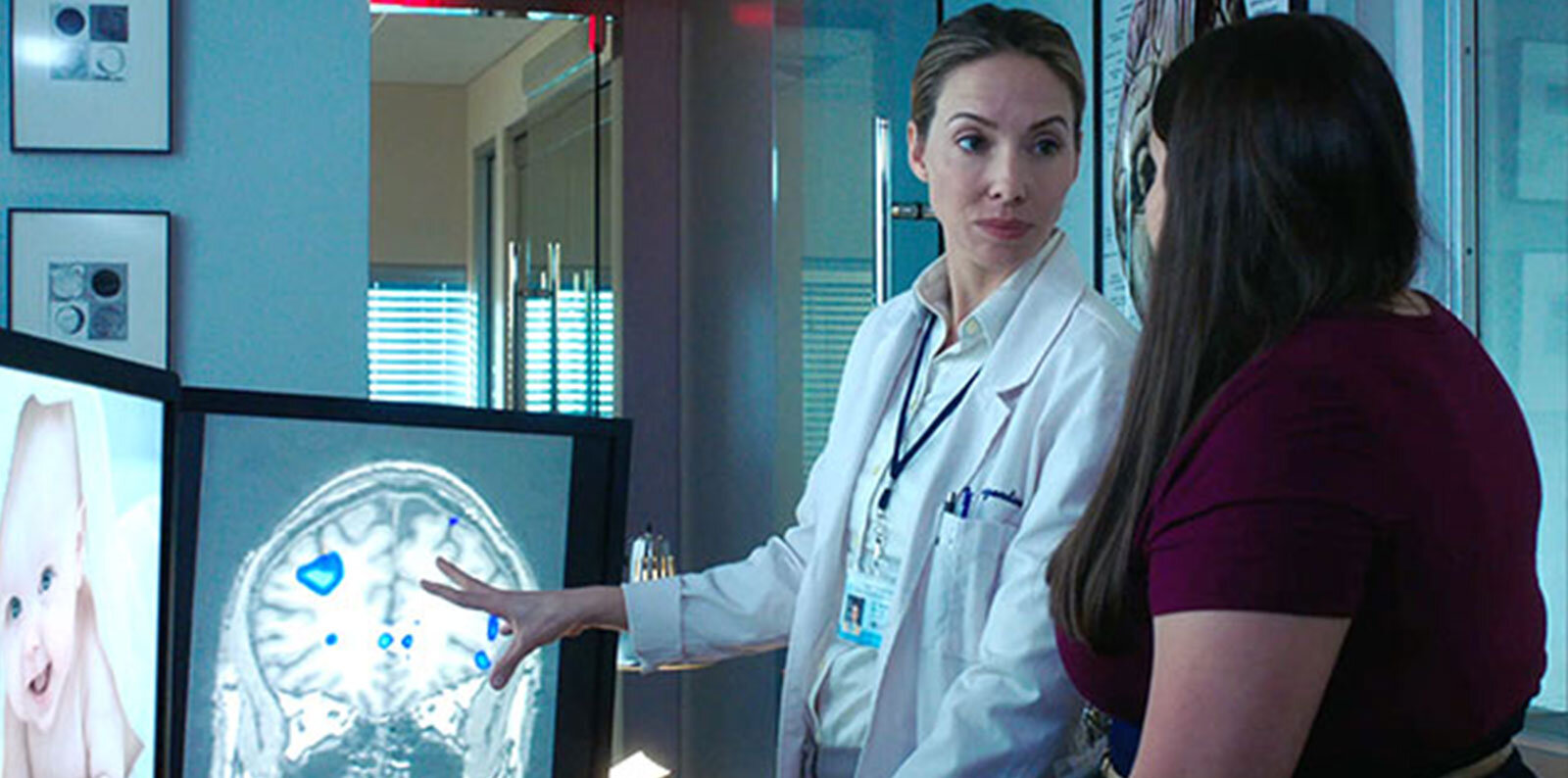The Female Brain
Even if you’re not a fan of stand-up comedy, you’ve probably heard of Whitney Cummings. Whitney Cummings is easily one of the most prolific comedians of our time. She performs all over the world in front of a devoted fan base. She’s written a book, starred in her own sitcom, Whitney, and created the hit show, 2 Broke Girls. She’s also an animal advocate. And, most relevant to this publication, Cummings is a UPenn grad. So, of course, I’m a huge fan.
I recently read her book I’m Fine…And Other Lies. It’s an intriguing, reflective autobiography and self help book that explores her past and evaluates the decisions she’s made. Ever self-critical, the book does not lack for stories in which she mocks herself for being young and silly. What I’ve realized from her book and stand-up is that Cummings is a deeply introspective individual. Through years of battling mental illness and attending therapy to eliminate the flaws in her decision-making processes, Cummings has a fine ability to psychoanalyze herself and others. Her stand-up is thoughtful and analytical in a hilarious way, picking apart people and the ridiculousness of American culture. She also provides a fresh perspective by adding complexity to the stories commonly told by women. As she recounts her struggle with an eating disorder in her twenties in I’m Fine…And Other Lies, she explains the cognitive process that both led her to the disorder and helped her out of it. For these reasons, and the simple fact that I adore everything she does, I knew I had to watch her 2018 film The Female Brain.
The Female Brain is based on the 2006 book from which it received its name. Dr. Louann Brizendine, the author of the book, is a neuropsychiatrist interested in the cognitive basis of sex and gender. She sought to answer the basic questions that we have about men and women by compiling scientific findings and presenting them in her book. The result of all of her hard work is a controversial book that leaves half of its readers with a better understanding of their femininity, and half frustrated with her science-based declaration that women are simply different from men. Whitney Cummings’ rendition of The Female Brain is a film that entertains, but does not enter the realm of complexity, intrigue, and introspection that I usually associate with her. The combination of an overpowered cast and its adherence to stereotypes leaves the audience feeling like they watched a clean chick flick, not a thought-provoking film created by an inspiring comedian. The cast surely doesn’t lack for talent. Cummings stars alongside Toby Kebbell (Destroyer), Beanie Feldstein (Neighbors 2, Lady Bird), Cecily Strong, Sofia Vergara, Deon Cole, Lucy Punch, James Marsden, and Blake Griffin (yes, Blake Griffin was in the movie) -- a list of actors and actresses that we love individually, but have never seen together on screen. Whitney Cummings stars as Dr. Julia Brizendine, an academic neuroscientist with admirable university credentials, but a meager personal life. She’s awkward, intelligent, and driven, modelling what many view as a “career woman.” Julia’s personality sits between cliché and unremarkable, as she’s a typical symbol of what women lose as they pursue their dreams. Seemingly, at some point during Julia’s career, she decided to set her emotions aside with the other components of her life that science likely did not deem as overtly beneficial. Her personality as a result is very plain, and not very interesting as her love arc begins.
The majority of The Female Brain’s fantastic cast are grouped into couples. Lisa (Sofia Vergara) and Steven (Deon Cole) play a married couple that’s unsatisfied with their boring, mundane married life. Lexi (Lucy Punch) is the overbearing girlfriend of Adam (James Marsden), who slowly drives him mad with her nit-picking behavior she inherited from her mother. Zoe (Cecily Strong) is the partner of Greg, who is an injured professional basketball player aptly played by Blake Griffin. The Female Brain uses these relationships to provide a look into the neurochemistry behind how women act romantically, while also extending the analysis beyond the relationship and looking at how the women are influenced by their careers, families, and friends. The concept is, on the surface, interesting: observe a short scene, then dive into the hormones that might explain the character’s strange behavior. Yet, The Female Brain interrupts the scenes too frequently with cognitive commentary. The explanations about cortisol, serotonin, and dopamine add little to the storyline. The film alternates between wanting to be a comedy movie and a light-hearted academic analysis, but does not find a good balance between the two. Even with an amazing cast, the film’s interjections about neurochemicals unfortunately distract from the comedic performances.
Criticism aside, this is not a bad movie. I really enjoyed it. It was pleasing and inherently funny, and had touching moments throughout. My disappointment stems from my pre-existing experience with Whitney Cummings’ work. I had expectations coming in to the movie, and not many were met.
The Female Brain is a funny movie with a great base concept, but imperfect execution. I watched for Whitney Cummings, and stayed for Blake Griffin’s hilarious character. You can find The Female Brain streaming on Hulu.
